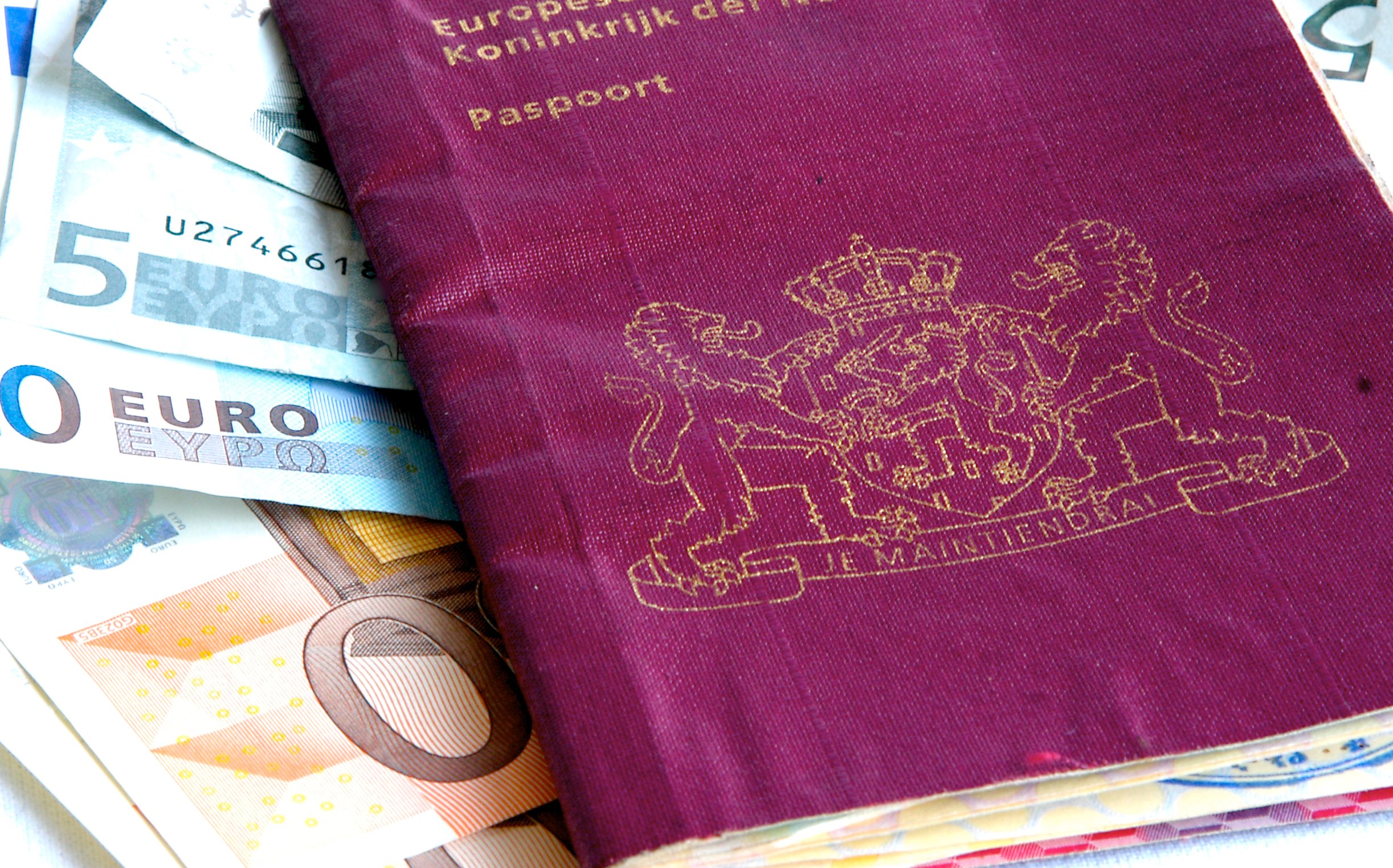I Want to Hire People from Abroad. Which Work and Residence Permits do I need? — Exterus
4:36
Top tip: start the application process for work and residence permits as soon as possible. This may seem obvious, but late applications are most often responsible for delays in the future employee’s start date. Even here in the Netherlands, where the immigration system is relatively (and we mean only relatively) straightforward to navigate.
Which permit you will need for your new employee depends on several factors, the most important one being which nationality they have. If they are from a country belonging to the EEA (European Economic Area, consisting of the EU plus Lichtenstein, Norway and Iceland) or Switzerland, you don’t need to do much, as there are agreements in place that guarantee free movement of workers. The same goes for the UK during the transition period, currently expected to last until the end of 2020.
The one thing the employee from the EEA or Switzerland needs to do is to register themselves at the municipality they will reside in whilst in the Netherlands. Only after they’ve registered at the municipality will they be able to obtain a BSN (citizen service number), which they usually need in order to get, for instance, health insurance. You, the employer, can use their BSN as the employee’s unique personal number when communicating with governmental authorities. Many companies also use this number when paying the employee’s salary.
Is that all you need to do? Probably. However, depending on the length of their stay and its specific purpose (is it just for work, for an internship or study plus work?) you and they may also need to take other measures. So it’s always a good idea to get to the bottom of the employee’s specific situation before anyone packs their suitcase.
If you are hiring an employee from outside the EEA or Switzerland, the process gets more complex. There is an almost endless variety of possible permits, depending on the nationality of the employee coming to the Netherlands and if there are any agreements between the country of nationality and the Netherlands or the EEA. On top of that, the laws and regulations are ever-changing, so it’s almost impossible to keep track of these unless it’s your full-time job. However, it may be good to get an inkling of the schemes that are used most.
The most commonly used permit in the Netherlands applies to highly skilled migrants. Whether this permit is granted depends on a good number of factors:
– Being employed by a recognized sponsor for the residence purpose of labour and highly skilled migrants;
– The gross monthly salary complies with the to the highly skilled migration applicable salary criterion;
– That gross monthly salary is in line with the prevailing market.
The applicable salary criteria for highly skilled migrants in 2020 are as follows:

Please take note: these criteria are indexed every year. This however does not implicitly mean that the salary of the highly skilled migrant needs to be increased each year that he/she works in the Netherlands. If you would like to know if and when this is the case, please do not hesitate to contact us.
This income threshold or salary criteria are trickier in practice than they are on paper, so pay attention. For instance, if your employee takes unpaid leave, this will affect their income. It may be that this brings their income below the required threshold. The same goes for any financial agreement laid out in their contract which could result in deductions or withholdings from the employee’s gross monthly salary. Immigration experts can tell you exactly what you need to look out for. It is most efficient to have an expert look over the contract before starting the permit application process. They’ll spot anything you need to change or keep an eye on.
Perhaps you can do an Intra-Company Transfer, or maybe your future employee is eligible for an EU Blue Card. Or there may be a treaty between their country and the EEA that changes the requirements for the necessary work and residence permits. There is a myriad of possibilities.

Ensure market-conform salaries for immigration compliance in the Netherlands. Learn how to align HR policies with immigration regulations to support Highly Skilled Migrant and EU Blue Card applications.

Discover the 2026 Dutch highly skilled migrant salary thresholds, how annual indexation affects applications, extensions, and employer changes.

Discover the new salary thresholds for highly skilled migrants and Blue Card holders in 2026 and explore future policy changes affecting migration to the Netherlands.

Discover how the reduced salary threshold for Highly Skilled Migrants in the Netherlands benefits both employers and recent graduates. Learn eligibility criteria and key considerations.

Discover the new salary thresholds for highly skilled migrants and Blue Card holders in 2026 and explore future policy changes affecting migration to the Netherlands.

Discover the GVVA single permit in the Netherlands. Learn the hurdles, exemptions, and faster alternatives for hiring non-EU talent.

Navigating the complexities of becoming a highly skilled migrant can be challenging, but understanding the requirements is the first step.

Your guide to the EU Blue Card in the Netherlands. See 2025 requirements, salary thresholds, and how it compares to the HSM permit.

Avoid costly fines when hiring non-EU students in the Netherlands. This guide covers work permits, working hour limits, and administrative duties for employers.

Hiring non-EU talent as a non-profit in the Netherlands? Learn the pros, cons & criteria of key permits like the Highly Skilled Migrant, GVVA & EU Blue Card. Find out which fits your organization best and get expert help to simplify the process!

Looking to hire top global talent fast? Learn how your Dutch startup can hire highly skilled migrants using an Employer of Record—skip the red tape, stay compliant, and scale smarter. Discover the benefits and process in our guide.

Discover the ins and outs of holiday allowance in the Netherlands, including how it’s calculated, when it’s paid, and why it’s an essential perk for employees in the Netherlands.
Subscribe to our newsletter and stay ahead with the latest insights and developments in global employment mobility, delivered straight to your inbox.
By subscribing you agree to with our Privacy Statement